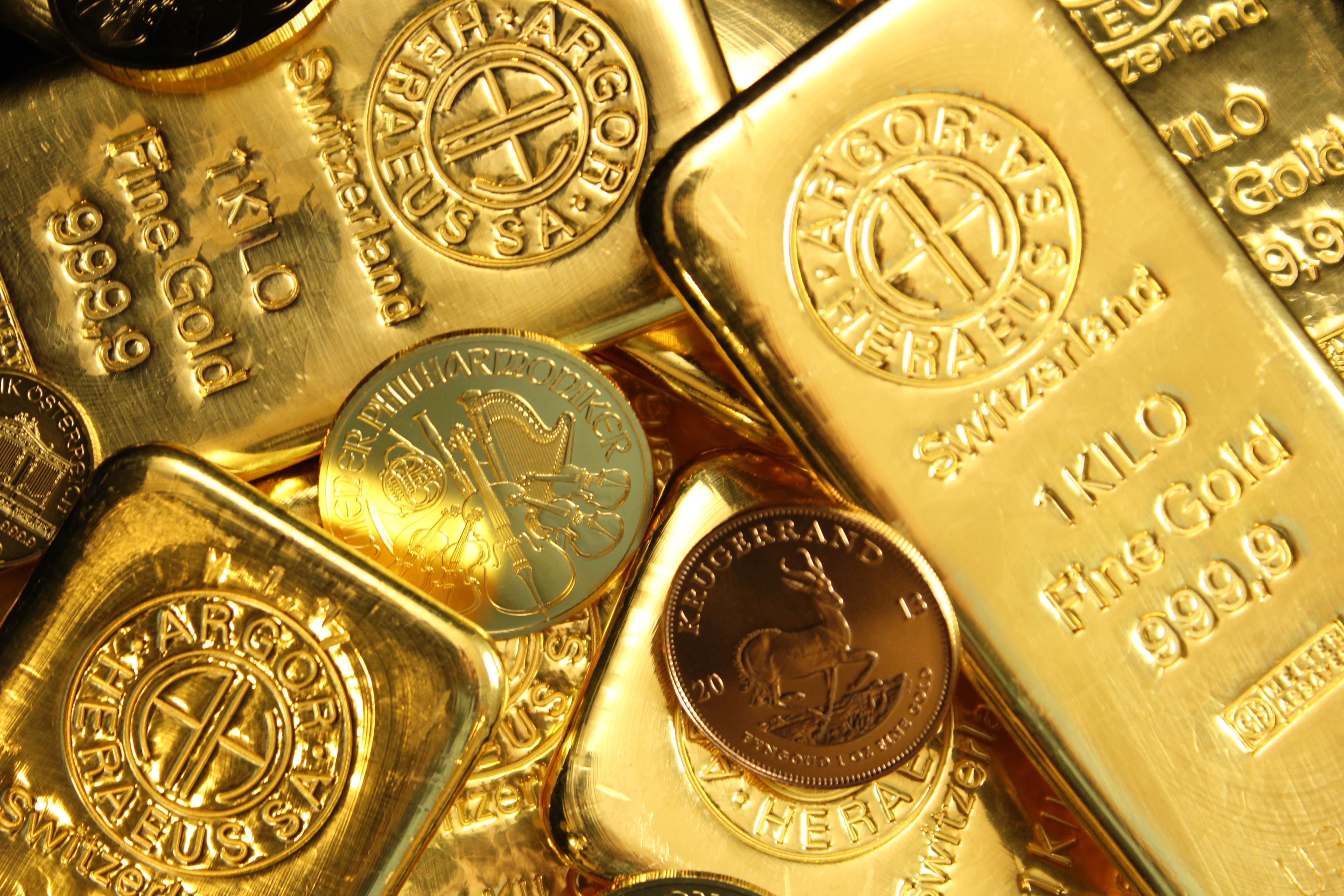
When considering storage costs for precious metals, several important factors come into play. These factors can affect not only the cost but also the safety, accessibility, and overall practicality of your storage solution. Here are some key aspects to consider:
1. Security:
- Protection Level: High-security storage options protect against theft, damage, and other losses.
- Insurance: Check if the storage facility offers comprehensive insurance that covers the full value of your stored metals.
2. Cost:
- Fee Structure: Understand how the fees are calculated – whether based on value, weight, or a flat rate.
- Additional Charges: Be aware of any extra fees for services like withdrawals, transportation, or account management.
3. Accessibility:
- Location: Consider the ease of getting to the storage location if you need to physically access your metals.
- Operation Hours: Check the operating hours and any policies or restrictions on accessing your holdings.
4. Insurance and Liability:
- Coverage Details: Ensure the policy covers events like theft, natural disasters, and other potential losses.
- Claim Process: Understand the process and reliability of the facility in case of an insurance claim.
5. Type of Storage:
- Segregated vs. Non-Segregated: Segregated storage ensures your metals are stored separately from others’, while non-segregated storage might be cheaper but involves commingling your assets with those of other investors.
- Special Requirements: Some precious metals, especially in larger quantities or higher values, might have specific storage requirements.
6. Reputation of Storage Provider:
- Track Record: Consider the history, reliability, and reviews of the storage provider.
- Regulatory Compliance: Ensure the provider complies with relevant regulations and industry standards.
7. Liquidity:
- Ease of Sale: Some storage facilities offer services to easily sell your metals, which can be beneficial for liquidity.
- Transferability: Check how easy it is to transfer your holdings to another facility or buyer.
8. Reporting and Transparency:
- Inventory Reports: Regular inventory reports and audits can provide assurance and accountability.
- Transparency: Look for facilities that provide clear, straightforward information about their policies and fees.
9. Tax and Legal Considerations:
- Tax Implications: Understand any potential tax consequences associated with storing precious metals, especially in different jurisdictions.
- Legal Requirements: For certain investment vehicles (like IRAs), legal requirements may dictate specific storage arrangements.
Conclusion:
The decision on where and how to store precious metals should balance cost, security, and accessibility. It's crucial to carefully research and compare different storage options and providers, keeping in mind your individual investment strategy, risk tolerance, and requirements for access and liquidity. Consulting with financial or investment advisors can also provide tailored advice suitable for your specific circumstances.
See our precious metals:
https://premiergoldco.com/product-category/featured-products/





Comments
Add Comment